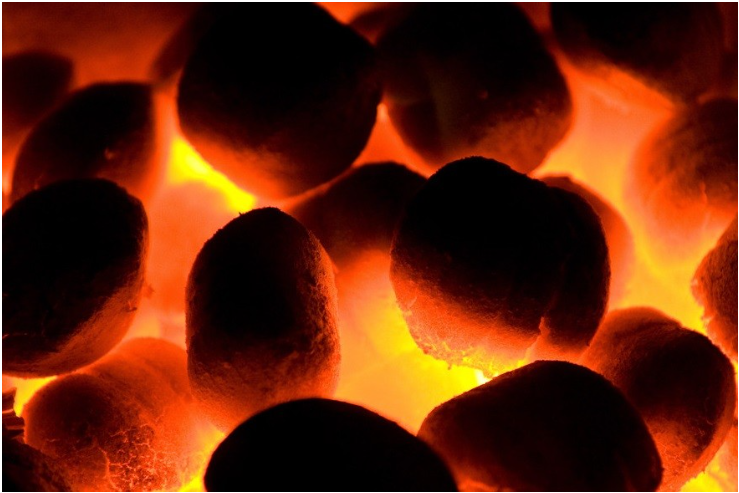Briquette production is a sustainable alternative to traditional sources of energy such as charcoal. Briquettes are made from compressed organic materials such as sawdust, agricultural waste, and paper. They are an environmentally friendly and cost-effective source of energy that can be used for cooking and heating. Recently, (WTVA) and BSc. Forestry students from Sokoine University of Agriculture (SUA) participated in a field practical on briquette production at Kilimanjaro Industrial Development Trust (KIDT). The practical aimed to enhance the students’ practical skills and knowledge in the forestry sector, particularly on environmental sustainability. During the practical, the students learned how to produce briquettes from various organic materials. They were also taught how to operate briquette-making machines and how to market and sell the briquettes. The practical provided the students with hands-on experience in briquette production, which will be valuable in their future careers in the forestry sector.
Environmental and Economic Benefits of Briquettes over Charcoal and Other Traditional Sources of Energy
Briquettes have several environmental and economic benefits over traditional sources of energy such as charcoal.
Environmental Benefits
Briquettes are made from organic materials that are readily available and renewable. They are a sustainable alternative to charcoal, which is made from cutting down trees. Deforestation is a significant environmental issue in Tanzania, and the use of briquettes can help reduce the demand for charcoal and, in turn, reduce deforestation. Briquettes also produce less smoke and harmful emissions than charcoal. The use of briquettes can help improve indoor air quality, which is essential for the health of people who use them for cooking and heating.
Economic Benefits
Briquettes are a cost-effective source of energy compared to charcoal and other traditional sources of energy. They are cheaper to produce and can be sold at a lower price than charcoal. Briquette production can also create employment opportunities for young people in urban areas, where formal employment is scarce.
Conclusion
The field practical on briquette production by BSc. WTVA and BSc. Forestry students from Sokoine University of Agriculture at Kilimanjaro Industrial Development Trust (KIDT) was a valuable experience that enhanced the students’ practical skills and knowledge in the forestry sector. Briquette production is a sustainable alternative to traditional sources of energy such as charcoal, with several environmental and economic benefits. The use of briquettes can help reduce deforestation, improve indoor air quality, and create employment opportunities for young people

